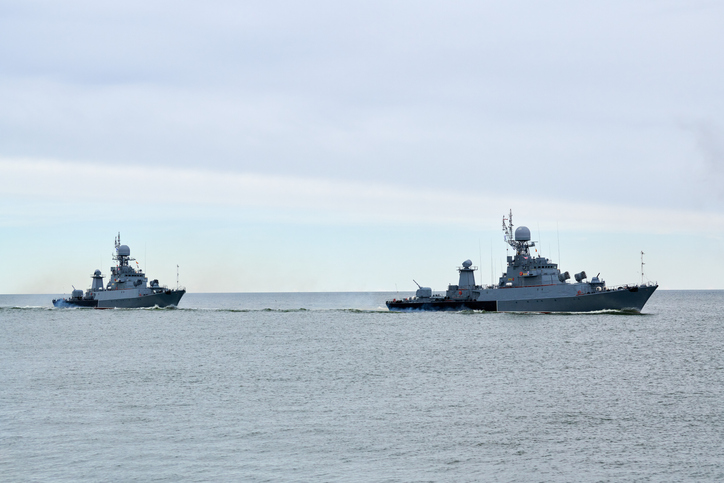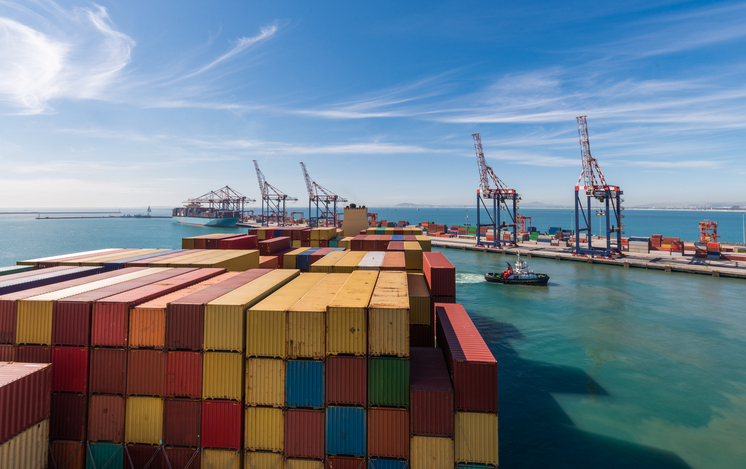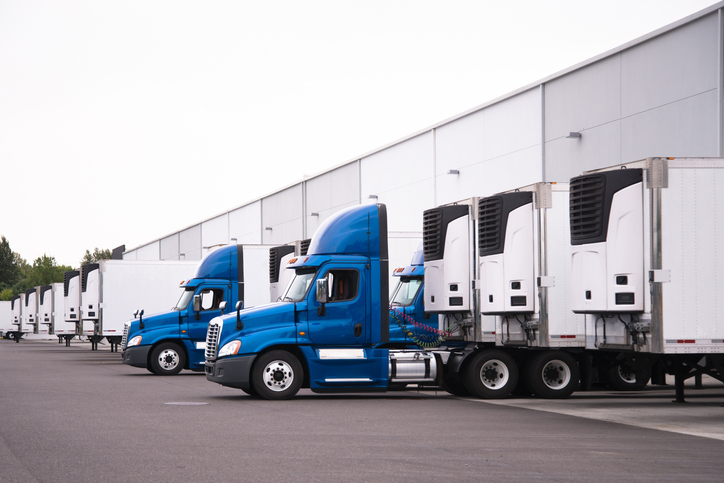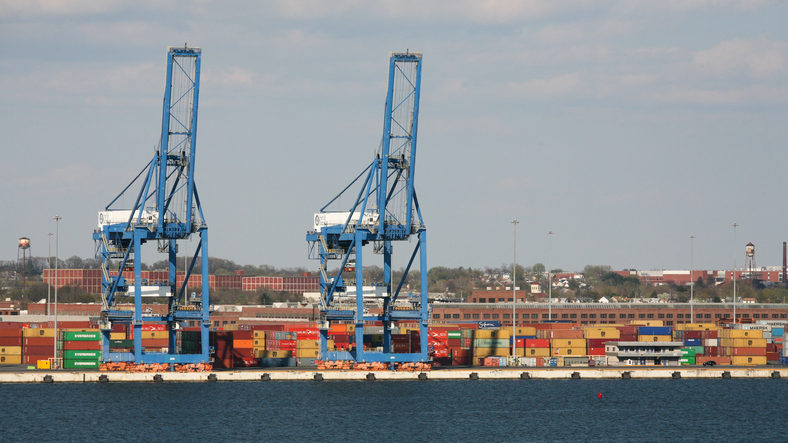
The Weekly Roar
In this week’s Roar: The Red Sea and shipping costs, a 2025 outlook for container shipping, a data-driven approach for resilience, the evolving truckload market, and a settlement in Baltimore.
New data from a UN trade and development body highlights the impact of the Houthi attacks in the Red Sea. By breaking down the metrics affecting rising shipping costs, we gain some insight into just how much can be attributed to the Houthi campaign. At a percentage change of just over 160% in costs between October 2023 and June 2024, about 140% can be blamed on the Red Sea crisis. Unfortunately, this is a problem that persists with no imminent solution coming.
The outlook for container shipping in 2025 suggests a potential market downturn thanks to overcapacity. While ship deliveries remain high, scrapping rates aren’t expected to offset the growth. In the past, similar supply gluts have led to rate collapses, but current geopolitical factors have offset this. Disruptions like possible U.S. tariffs and tensions in key regions may influence demand. If the current oversupply persists, service levels may fall as carriers cut fleets or reduce service frequency.
To competently deal with the complexities of the supply chain, it is becoming more and more necessary to use data-driven approaches to build transparent, resilient networks. Doing so can include leveraging data from the entire supply chain, customers, and supplier networks, helping businesses to identify and mitigate risk more accurately. Real-time data and analytics can help identify hidden vulnerabilities, assess compliance issues, and improve the decision-making process.
 Recently, the American Trucking Association’s chief economist talked about some of the challenges the industry is facing — predominantly the rise of private truck fleets. However, he also indicates the need for U.S. truckers to make some structural changes within. While private fleet expansion is partially due to disruptions caused by the pandemic, some analysts are suggesting that over time, they’ll face the same operational challenges that traditional trucking companies face. In order to compete, trucking firms need to differentiate themselves.
Recently, the American Trucking Association’s chief economist talked about some of the challenges the industry is facing — predominantly the rise of private truck fleets. However, he also indicates the need for U.S. truckers to make some structural changes within. While private fleet expansion is partially due to disruptions caused by the pandemic, some analysts are suggesting that over time, they’ll face the same operational challenges that traditional trucking companies face. In order to compete, trucking firms need to differentiate themselves.
The U.S. Department of Justice settled with the owners of the cargo ship Dali for $102 million after its collision with the Francis Scott Key Bridge in Baltimore. The settlement will cover cleanup costs but excludes bridge reconstruction, which Maryland is pursuing separately. Although the companies settled, they deny liability, maintaining that the payment does not imply fault.
For the rest of the week’s top shipping news, check out the article highlights below.









